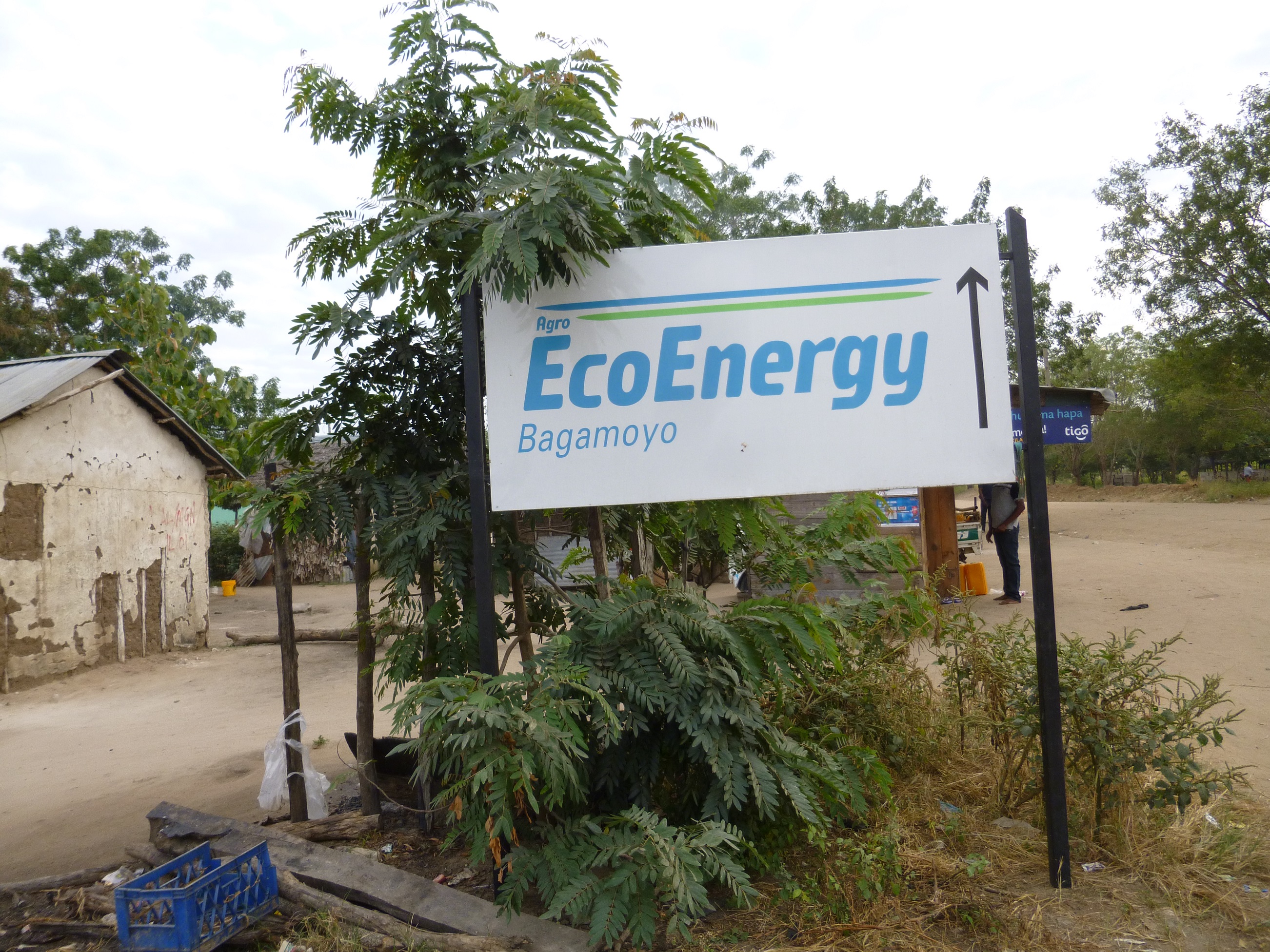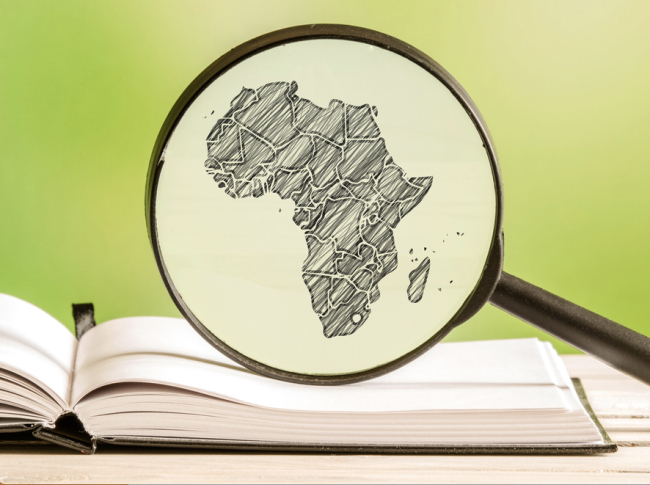Caught in the Web of Bureaucracy? How ‘Failed’ Land Deals Shape the State in Tanzania
After more than ten years of hectic debates on international ‘land grabs’, academic interest in collapsed land deals or projects with unexpected results is growing.

According to the Land Matrix, Tanzania is one of the target countries for such deals, with a number ‘abandoned’ or delayed and projects whose status is unknown. Labelling land deals as ‘failed’ poses conceptual and methodological challenges as long as the criteria for ‘failure’ are undefined. Based on the critical literature on policy failure, this article starts from the premise that the focus on ‘failure’ masks dynamics that actually work, such as administrative resistance and daily state making. Land deals are defined as the implementation of pro-investment land policies. The article then analyzes the trajectories of two interrupted biofuel projects with international investors in the districts of Bagamoyo and Kisarawe.
The results of this analysis show how the uncertainty surrounding the future of both land deals creates room for maneuver for bureaucratic and political agents on different government levels to renegotiate their power, and for transnational civil society stakeholders to consolidate their positions in the land arena. The omnipresence of administrative procedures opens the debate over whether the Tanzanian regime has completed its transition towards liberalism or if it reflects its socialist legacy.
Schlimmer, Sina (2020), "Caught in the Web of Bureaucracy International Development Policy. How 'Failed' Land Deals Shape the State in Tanzania", Revue internationale de politique de développement, vol. 12, n°2.

Available in:
Regions and themes
Share
Related centers and programs
Discover our other research centers and programsFind out more
Discover all our analysesGabon: Has an — Almost — Exemplary Transition Produced a New Political Model?
In two rounds of voting, on September 27 and October 11, 2025, the citizens of Gabon elected the members of both their local councils and the new national assembly. This marked almost the final stage of political transition, little more than two years after the coup d’état that had overthrown the more than five decades old dynastic regime of the Bongos — Omar, the father, who died in office in 2009, and then his son Ali, who is now in exile.
Claiming "The People": Youth Booms, Ailing Authoritarians and "Populist" Politics in Kenya, Uganda, and Tanzania
This study analyses the emergence of so-called “populist” political tendencies in three East African countries: Kenya, Uganda and Tanzania. It builds its analysis on a wider discussion of the term “populism”, its use and applicability in (eastern) African settings before going on to examine the drivers of three cases of populism: William Ruto’s 2022 election victory in Kenya and the “Hustler Nation”; Bobi Wine’s opposition to Yoweri Museveni in Uganda; and John Magufuli highly personal style of government in Tanzania.
The Contradictory Impacts of Western Sanctions on Economic Relations between Russia and Sub-Saharan Africa
How does Russia maintain economic ties with Africa despite Western sanctions? An analysis of investments, trade, and the circumvention strategies deployed by Moscow.
The Revenue Sources Sustaining Sudan’s Civil War. Lessons for the year 2023
Wars require money and resources, and often, most conflicts involve controlling sources of income and supply lines or denying them to enemies. This has been the case in Sudan’s past conflicts and is again as the civil war—between the Sudan Armed Forces (SAF), commanded by General Abdelfattah al-Burhan, and the paramilitary Rapid Support Forces (RSF), commanded by General Mohammed Hamdan Daglo “Hemedti” —has sunk into a protracted conflict.










